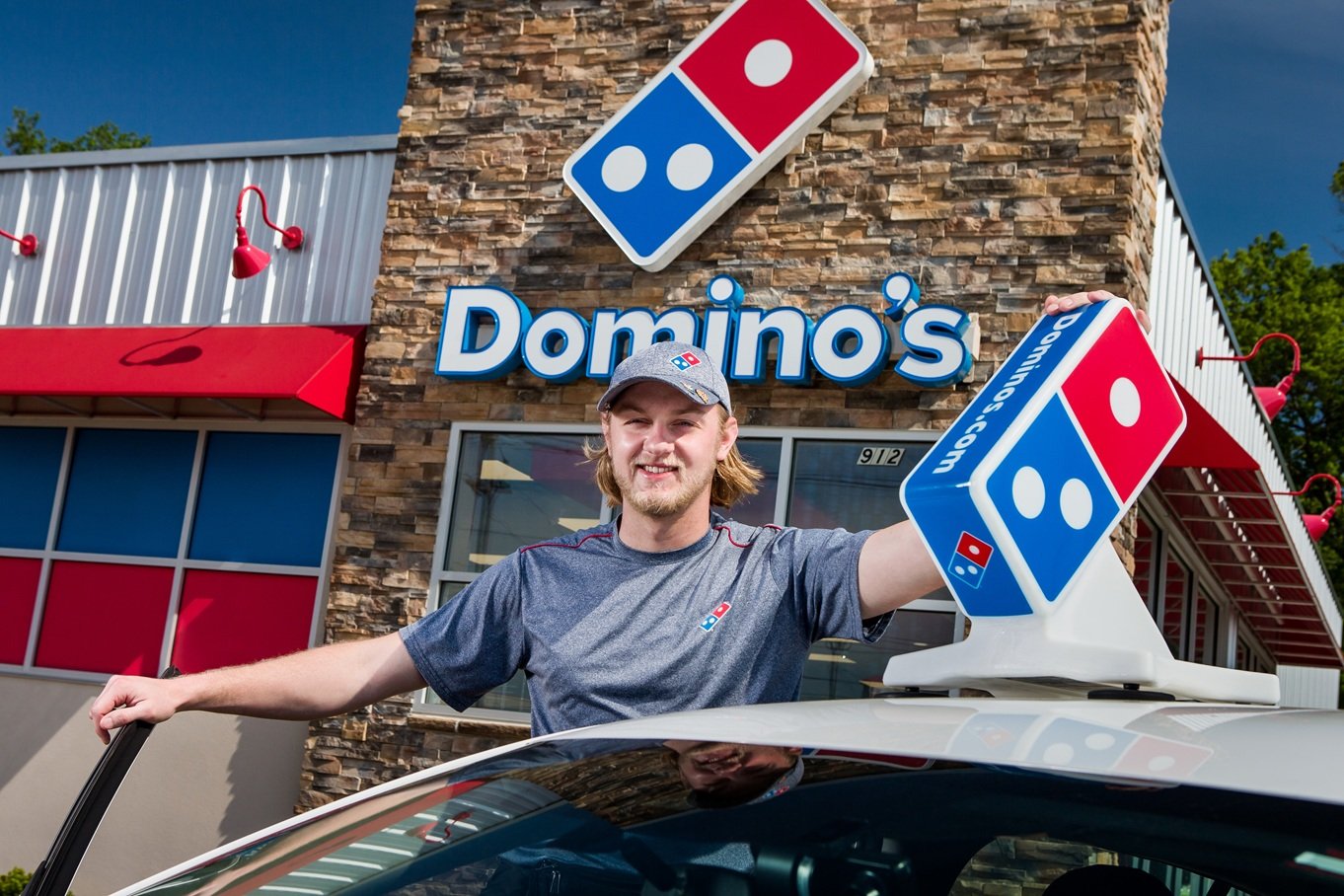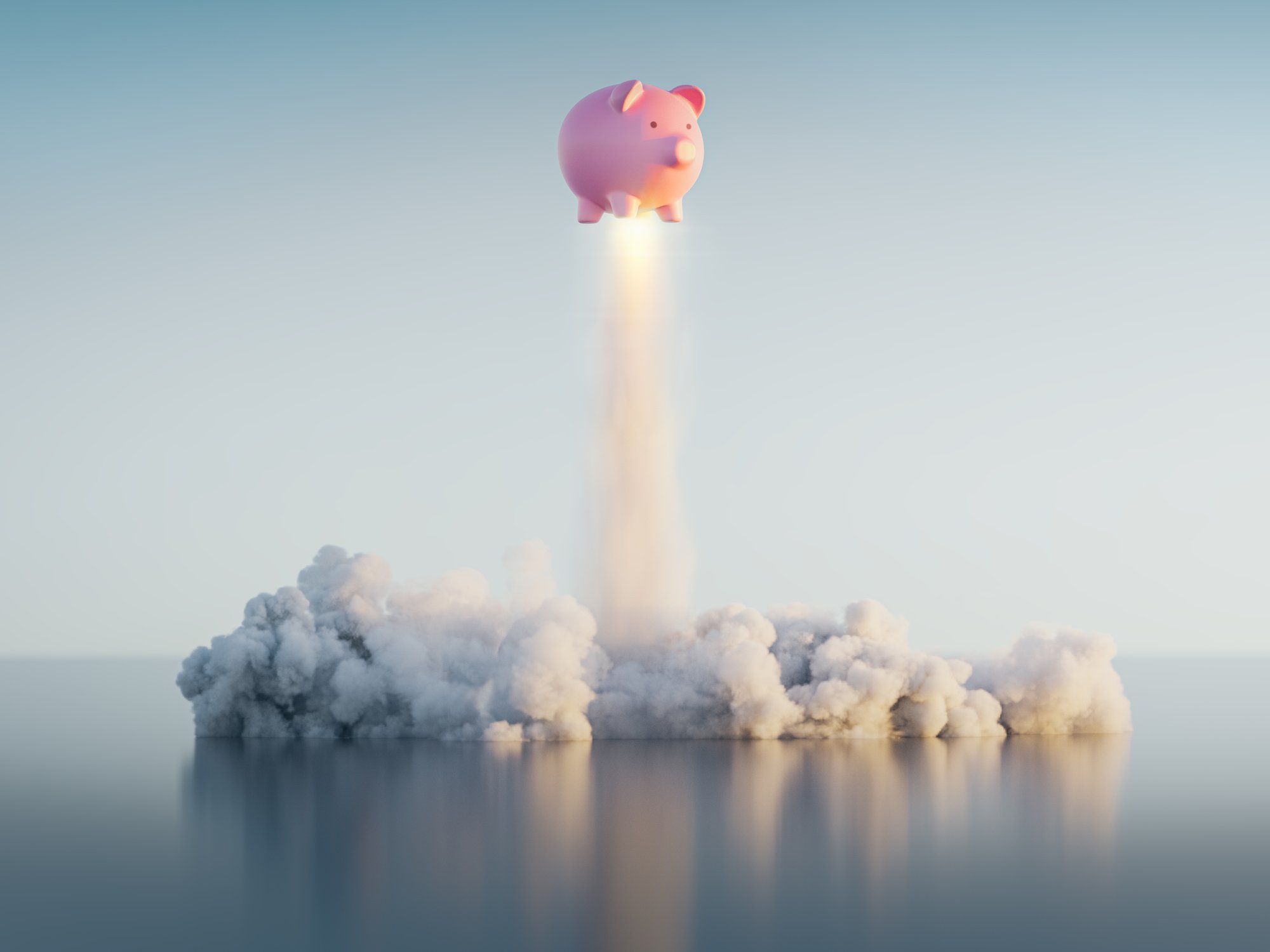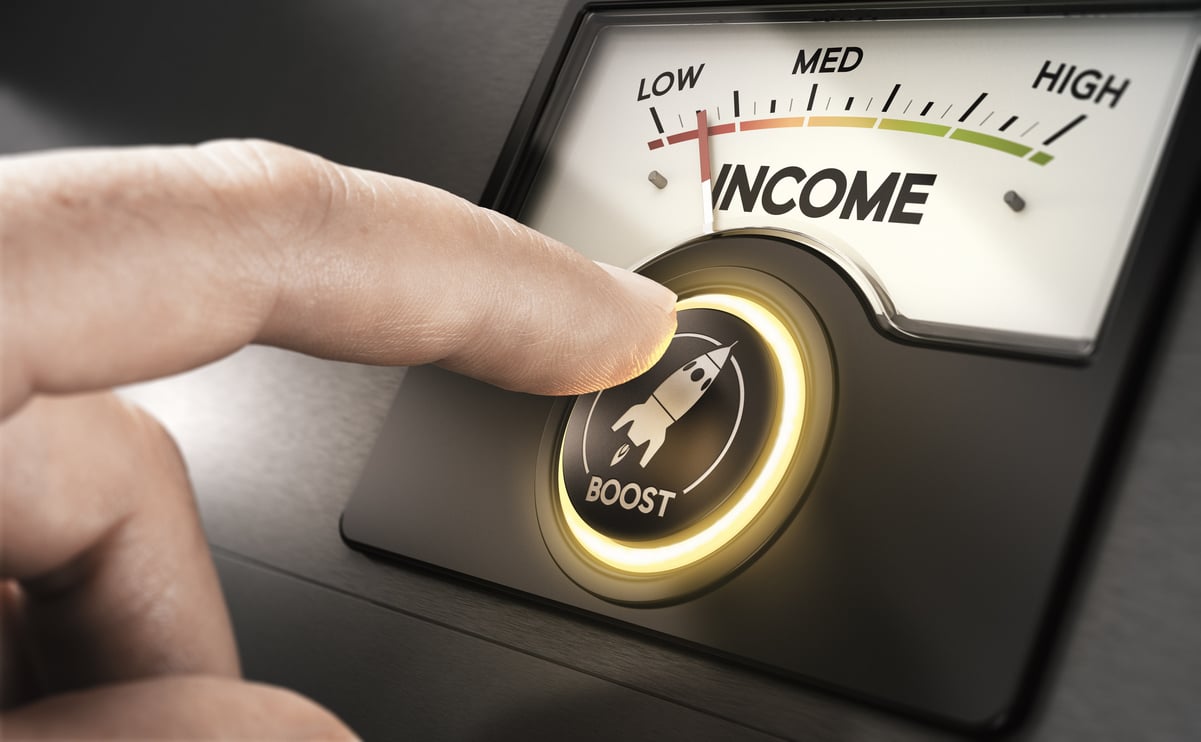Coca-Cola (KO +0.72%) beat its second-quarter earnings and revenue estimates on Tuesday, and raised guidance for the year. In response, Wall Street bid shares up 6%, setting a new high. Its coffee sales -- powered by its acquisition of Costa Coffee, which closed early this year -- added a nice growth engine.
In this segment from MarketFoolery, host Chris Hill and Motley Fool Asset Management's Bill Barker discuss Coke's earnings, its organic growth picture, and how the stock and company performance compares to rival PepsiCo.
To catch full episodes of all The Motley Fool's free podcasts, check out our podcast center. A full transcript follows the video.
This video was recorded on July 23, 2019.
Chris Hill: We're going to start with Coca-Cola. Second-quarter profits and revenue came in higher than expected. Coca-Cola raised guidance. The stock is up 5% and hitting a new all-time high. This was really good for Coca-Cola.
Bill Barker: Yeah, another good quarter. One thinks of it as quintessential American brand. And certainly you can look at some of its performance that way. But the thing you've really got to be excited for is the coffee. That's less U.S.-based than foreign. As a global brand, having acquired Costa Coffee, a $5 billion acquisition that closed in January, and that looks like that's going to be a potential major growth engine for Coke.
Hill: It's interesting because the organic growth for Coca-Cola in this latest quarter was a little bit better than expected. This is one of those companies that's so big that any time you can move organic growth 1% higher, 2% higher, something like that, it really helps out. For a long time, Coca-Cola, Pepsi, a lot of the headlines around these companies have been the acquisitions that they've made going out to buy growth. Obviously, Costa Coffee was a step in that direction. But the organic growth for Coca-Cola was a nice surprise, I thought.
Barker: Yeah, plus 6% for the quarter. Five percent guidance for the year, up from 4%. That includes a little bit of inflation, so the organic growth, still pretty good. Potentially more acquisitions on the way. We'll see. This was a really good quarter. It is so big that there aren't major surprises, typically.
Hill: There really shouldn't be.
Barker: There shouldn't be because it's got so many different brands, and they don't move dramatically in short periods of time. A surprise of this magnitude is about as much as you can hope for.
Hill: I think if you're a Coca-Cola shareholder, you're also hoping for a couple of more quarters like this. Not necessarily knocking the cover off the ball, but doing a little bit better than expected. Over the last five years, if you're a shareholder of Coca-Cola, you've made money, but you're looking at Pepsi and thinking, "I'd rather have owned that stock for the last five years," because it's basically doubled what Coca-Cola has done. If Costa Coffee can continue to be a growth story for them, then maybe things are turning in their direction.
Barker: Coke Zero, I guess, has now had three years of double-digit volume growth. That's a part of the growth story here as well. But really, how can you compete with coffee when it comes to growth possibilities?
Hill: You can't. It's a mistake to.
Barker: Even if you're Coke. You look and you finally say, "What if we got into coffee?" If only they'd done this seriously 20-some years ago. You can look at the Costa acquisition, it's not well-known to people in the U.S., of course. But it's the second-largest coffee house in the world.
Hill: In the world? I thought it was just the second-largest in Europe.
Barker: It is the largest in England, and I believe it's the second-largest in the world. I mean, it's a distant second, but nevertheless, it's bigger than you think, is what it comes down to. And now that it's got the power and the capital of Coke behind it, growth in places that it had not yet gotten to in a major way, like China, becomes more of a possibility.






